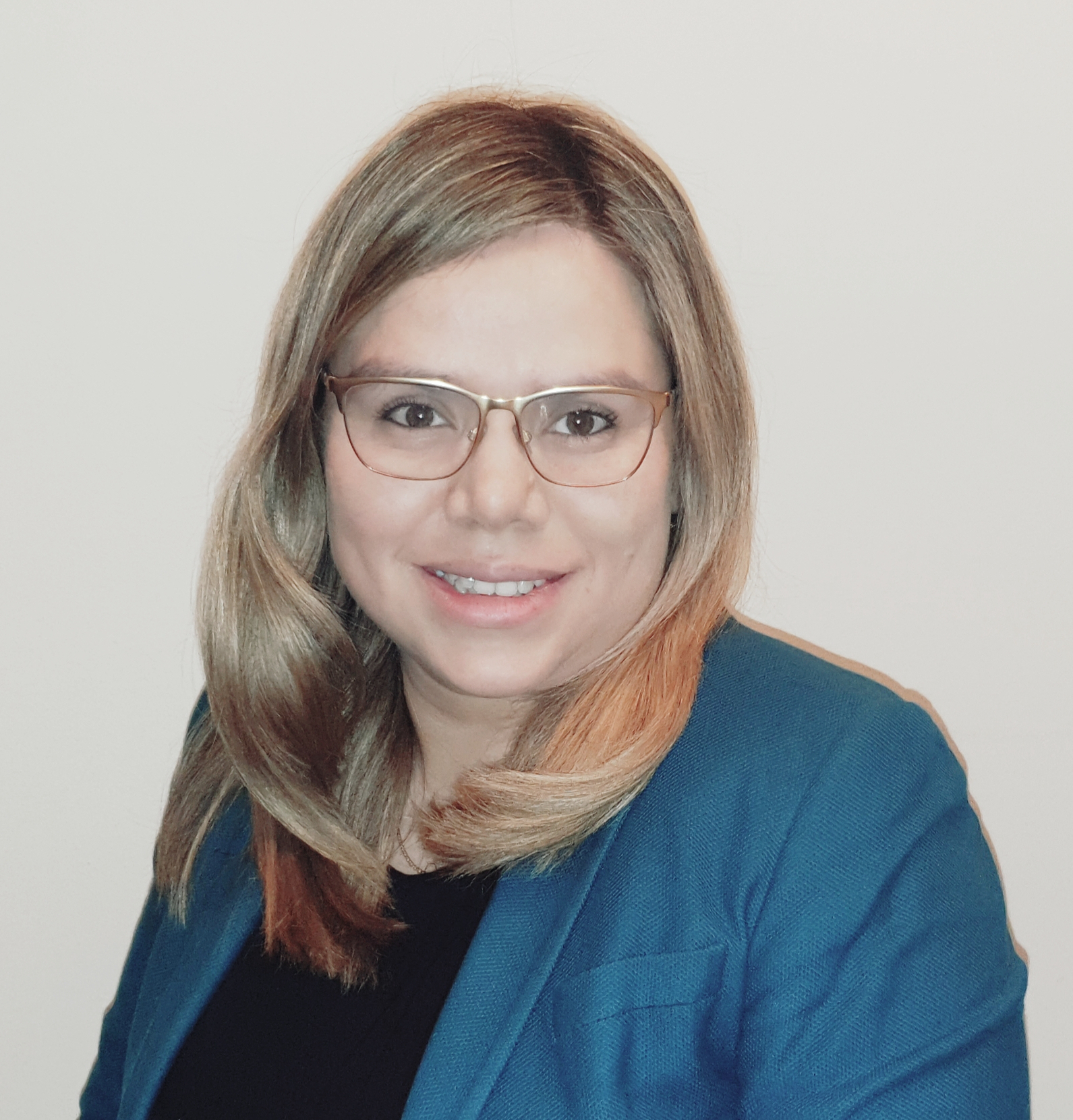Karen Pinilla Alba, who started her clinical PhD in 2019 explains her research and why she applied to the CRUK Cambridge Centre for a clinical fellowship...
How did you get here?
Soon after I finished my training as a Medical Oncologist in Valencia Spain, I obtained a fellowship from the Spanish Society of Medical Oncology (SEOM) to continue my research in a centre of excellence for a year. I was welcomed by Professor Carlos Caldas and Professor Jean Abraham to the Precision Breast Cancer Institute and embarked in what will be an amazing journey as a clinician and as a scientist. After five years, I continue working in breast cancer research and could not be more grateful for this opportunity.
Why did you choose Cambridge and the CRUK Cambridge Centre?
I have always been impressed by the quality of research generated in Cambridge. I felt both the academic and social environment were very motivating, and an excellent combination to develop as a researcher. I believe that having outstanding and caring mentors and colleges is fundamental in the growth of a junior researcher.
Thankfully, Cambridge allows you not only to be surrounded by plenty of opportunities but very good people.
How did you decide which PhD project to embark on?
I was lucky enough to be able to work in the two main studies that frame my PhD project since my arrival at Cambridge: The Personalised Breast Cancer Programme and the PARTNER trial. I was initially mainly involved in the clinical delivery of the studies but thanks to the CRUK CC fellowship I was able to take a step further and focus on addressing more specific research questions. By taking advantage of the high quality genomic and clinical data generated by these studies, and combining it with bioinformatics knowledge, I am now able to address clinically relevant questions that otherwise would have taken years to answer.
What do you hope to achieve with your research?
My research is directed to a group of patients diagnosed of breast cancer with limited options and high risk of relapse and death. I hope to be able to aid their journey by identifying genomic and transcriptomic features that predict their chances of response to specific therapeutic strategies. By understanding the molecular characteristics of individual tumours, clinicians would be able to offer treatments in a more personalised manner. Patients will receive those treatments with higher likelihood of benefit and could be spared from highly toxic drugs if the chances of success are low.
Karen based at the Cambridge Breast Cancer Research Unit, in the Department of Oncology, and her supervisors is Prof Jean Abraham.
















